The oversight committee will “make sure we stay focused, make sure we are solution driven in the short term and in the long term,” Burns said. He said health care access for all Georgians continues to be “one of our main priorities.”
Rep. Butch Parrish, R-Swainsboro, will chair the new committee.
The Georgia Senate and House each have several committees making high-stakes decisions on health care issues including insurance, the right to operate hospitals, and the rights of patients to know when they’re incurring bills. Some of the most important decisions on health care are made in the House Appropriations Committee, which decides the budget for programs like Medicaid. Parrish has chaired the appropriations subcommittee that deals with health care spending.
A perennial issue of interest in Georgia politics is the question of expanding Medicaid coverage to all poor adults. Neither Burns nor Parrish raised the issue of Medicaid expansion, though Parrish and a spokesman for Burns did not flatly rule it out when asked by a reporter for The Atlanta Journal-Constitution.
Aides to Gov. Brian Kemp have regularly ruled out taking on full Medicaid expansion.
In an interview outside the meeting hall, Parrish told the AJC that with his new committee, “We probably all have the same goal to make sure we all have quality, affordable health care.” Asked if that included looking at Medicaid expansion, Parrish said, “We’re going to look at everything.”
A spokesman for Burns emphasized that the announcement was “not reflective of a policy change.” The spokesman, Kaleb McMichen, said “It’s an internal change to improve coordination on policy among the various healthcare committees, both legislative and budgetary. All the Speaker announced today is a change in committee structure.”
Unlike most states, Georgia’s Medicaid program does not insure all poor adults. Partly as a result, Georgia has the nation’s third-worst rate of people without any health insurance.
Currently Georgia Medicaid mostly insures children, and some older and disabled adults.
Kemp has led the creation instead of a smaller solution, a partial Medicaid expansion called a “waiver.” The waiver may end up insuring about 50,000 poor adults when it takes effect.

